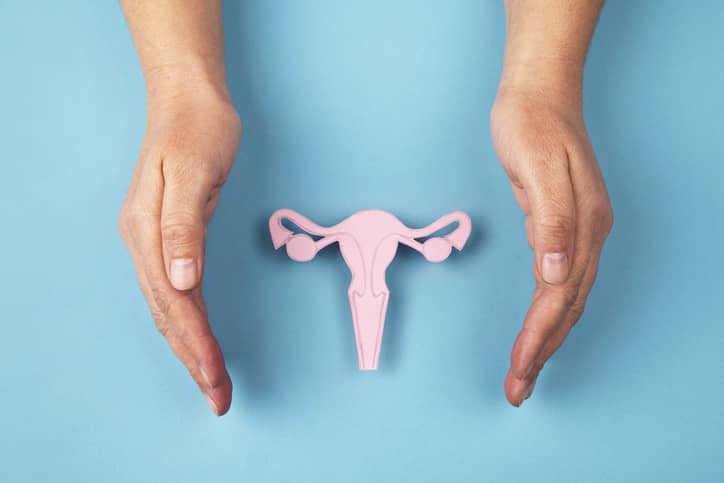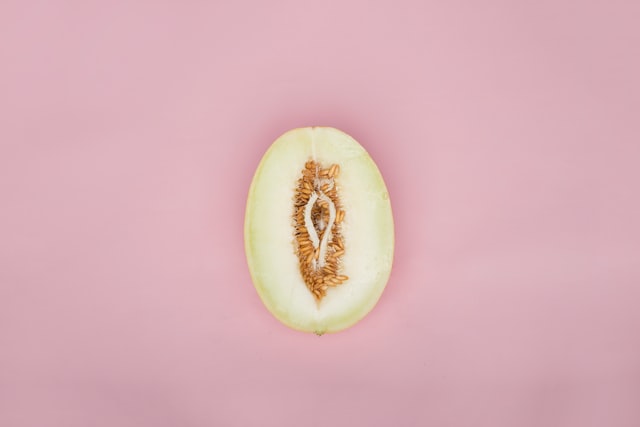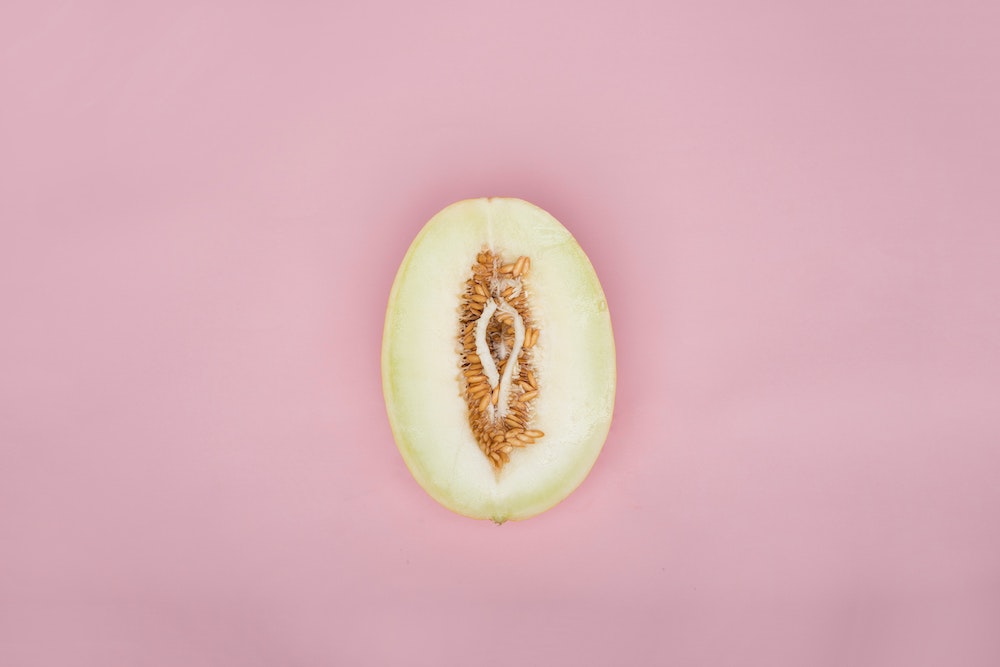How soon after an abortion could you get pregnant?
After having an abortion, it’s possible to become pregnant again almost straight away, before you’ve had a period. This is because you can release an egg (ovulate) between 1 and 2 weeks after the procedure.
So read on to learn more about how soon you can get pregnant after an abortion, including advice on avoiding pregnancy after abortion, and when you should see a doctor.
Ovulation after abortion
Having an abortion restarts your menstrual cycle – the time from the first day of your period to the day before your next period.
Menstrual cycles vary in length from person to person, but in an average cycle you have a period about once every 28 days.
People with a 28-day menstrual cycle usually release an egg from an ovary (ovulate) on or around day 14. Ovulation is the time of the month when you’re most likely to get pregnant (most fertile).
However, some people have a naturally shorter menstrual cycle, and may ovulate as early as day 8. This means it’s possible to become pregnant within 8 days of having an abortion.
Read more about the menstrual cycle and fertility.
When to start contraception after an abortion
If you don’t want to get pregnant after an abortion, you’ll need to use contraception as soon as you start having sex again.
You can use most types of contraception straight after an abortion – even on the same day as your treatment.
Types of contraception after an abortion
It’s a good idea to ask about contraception when you’re at the clinic to have the abortion. A doctor or nurse will be able to advise on suitable contraception for you, and may even be able to supply you with contraception.
They may recommend a long-acting reversible contraception (LARC), such as:
- a hormonal implant, injection or patch
- an intrauterine device (IUD) or intrauterine system (IUS)
Other types of contraception include:
- condoms
- birth control pills (oral contraceptives)
- caps or diaphragms

Emergency contraception after an abortion
If you’ve had unprotected sex after an abortion, you can use emergency contraception.
You can get the emergency contraceptive pill from a pharmacy, sexual health centre or contraception clinic.
The sooner you take the pill, the more effective it is. It needs to be taken within a certain number of hours after you have sex, which varies depending on the type – a doctor or pharmacist will advise on this.
If you want to have an IUD fitted as a form of emergency contraception, you’ll need to discuss it with a doctor.
Sex after an abortion
It’s usually safe to have sex after an abortion as soon as you feel ready.
However, it’s sometimes recommended that you wait until any vaginal bleeding has stopped, so that you’re less likely to get an infection.

When to see a doctor
After having an abortion, it’s common to have some pain or bleeding, but talk to a doctor if you’re concerned.
You should see a doctor if you have:
- pain or bleeding that doesn’t improve after a few days
- a high temperature (fever) or flu-like symptoms
- unusual vaginal discharge
There’s also a small risk that the procedure won’t work and you’ll still be pregnant after an abortion. If your period doesn’t come back, or you still feel pregnant or have signs of pregnancy, you should contact your doctor or the clinic that treated you.
Your health questions answered
What should I do about a positive pregnancy test after an abortion?
Answered by: Healthily's medical teamAfter the abortion, your doctor will ask you to take a special type of pregnancy test, to make sure you’re no longer pregnant. They will tell you when to take it. If the result is positive, you should contact your doctor – it may be that the procedure didn’t work and you need further treatment.
Is it hard to get pregnant after an abortion?
Answered by: Healthily's medical teamHaving an abortion doesn’t usually affect your chances of getting pregnant. However, there’s a small risk your fertility could be affected if you get an infection and it’s not treated quickly. Speak to a doctor as soon as possible if you have signs of infection after an abortion, including pain, a high temperature (fever) or unusual vaginal discharge.
What are the signs of pregnancy after an abortion?
Answered by: Healthily's medical teamSigns and symptoms of pregnancy will be the same as if you hadn’t had an abortion. The early signs vary, but can include tiredness, peeing more often, constipation, sore breasts, feeling sick (nausea), food cravings, feeling moody and missing your period.
Key takeaways
- it’s possible to become pregnant again very soon after having an abortion
- having an abortion restarts your menstrual cycle
- depending on the length of your cycle, you may release an egg (ovulate) as soon as 8 days after an abortion, so it’s possible to get pregnant withing 1 to 2 weeks
- if you don’t want to get pregnant after an abortion, you’ll need to start using contraception as soon as you start having sex again
- having an abortion doesn’t usually affect your chances of getting pregnant in the future






